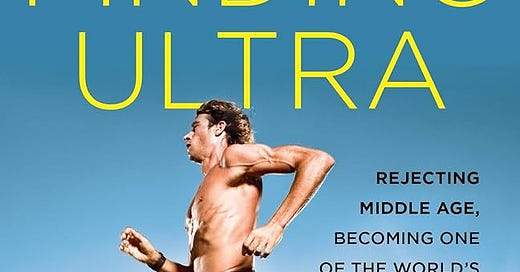I recently reread “Finding Ultra”, Rich Roll’s 2012 biography, where he details his transformation from an alcohol-addicted corporate lawyer to a middle-aged, overweight father who became one of the world's premier ultra-athletes. It's a great read, and I highly recommend checking it out.
In his journey, Rich does what many of us hope to do when trying t…
Keep reading with a 7-day free trial
Subscribe to Elice Island Newsletter to keep reading this post and get 7 days of free access to the full post archives.




